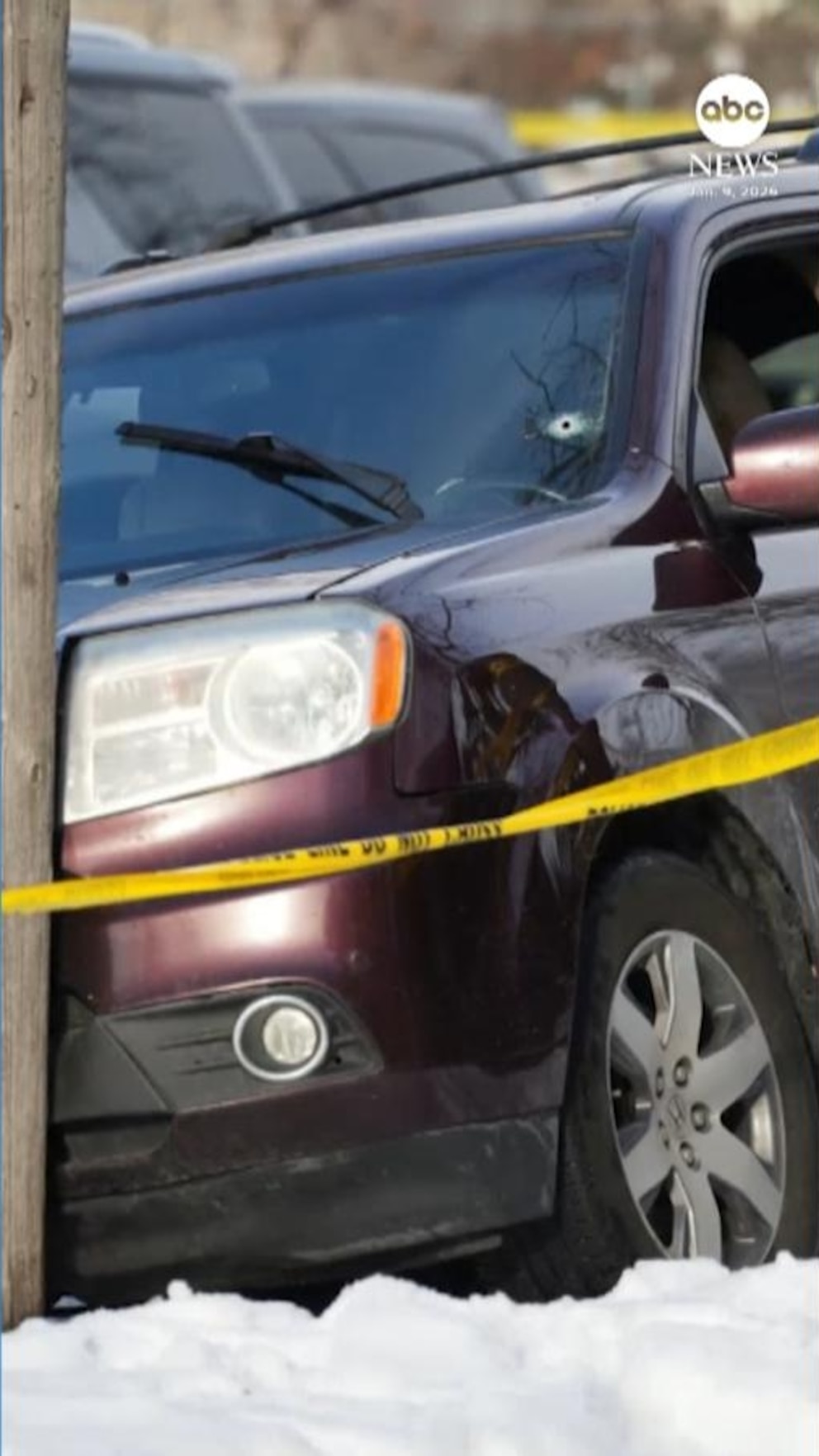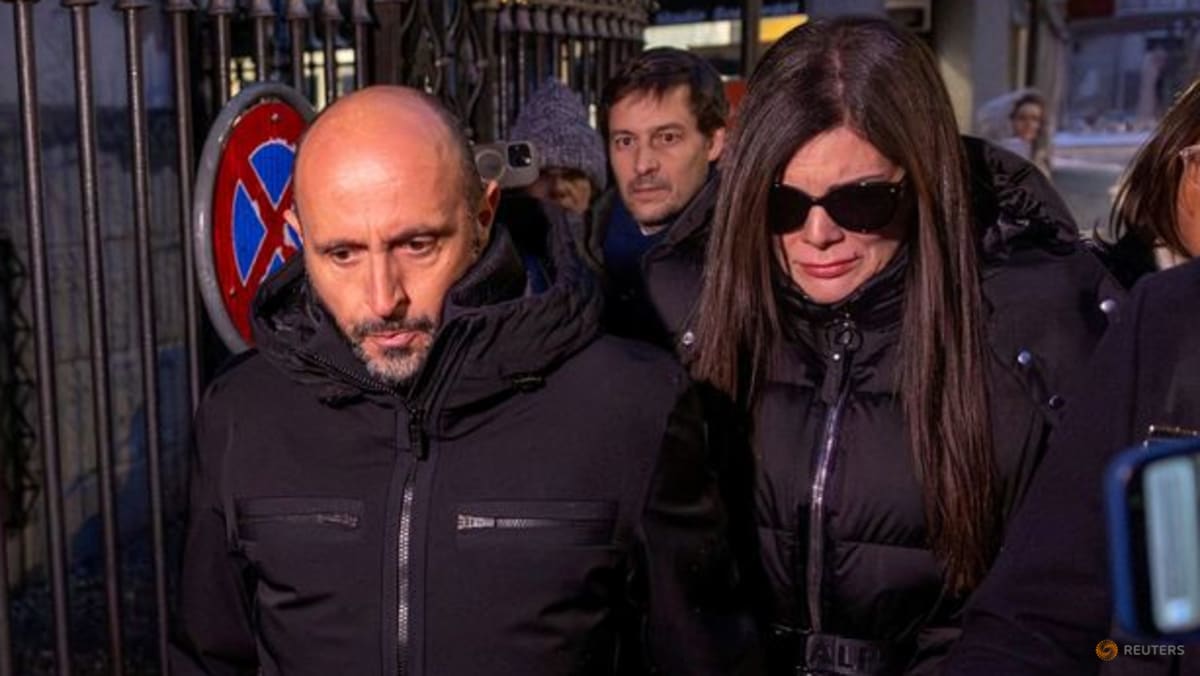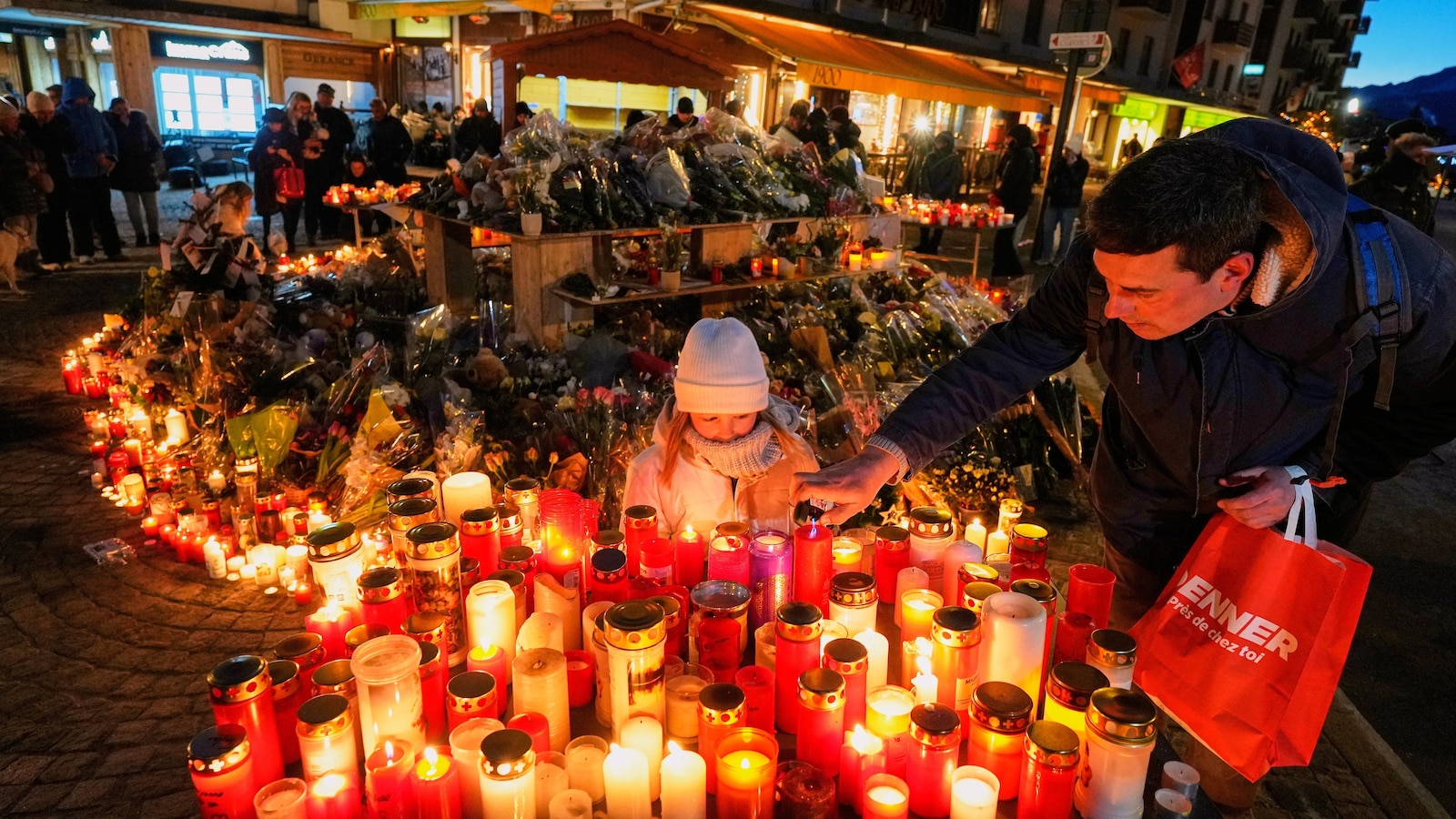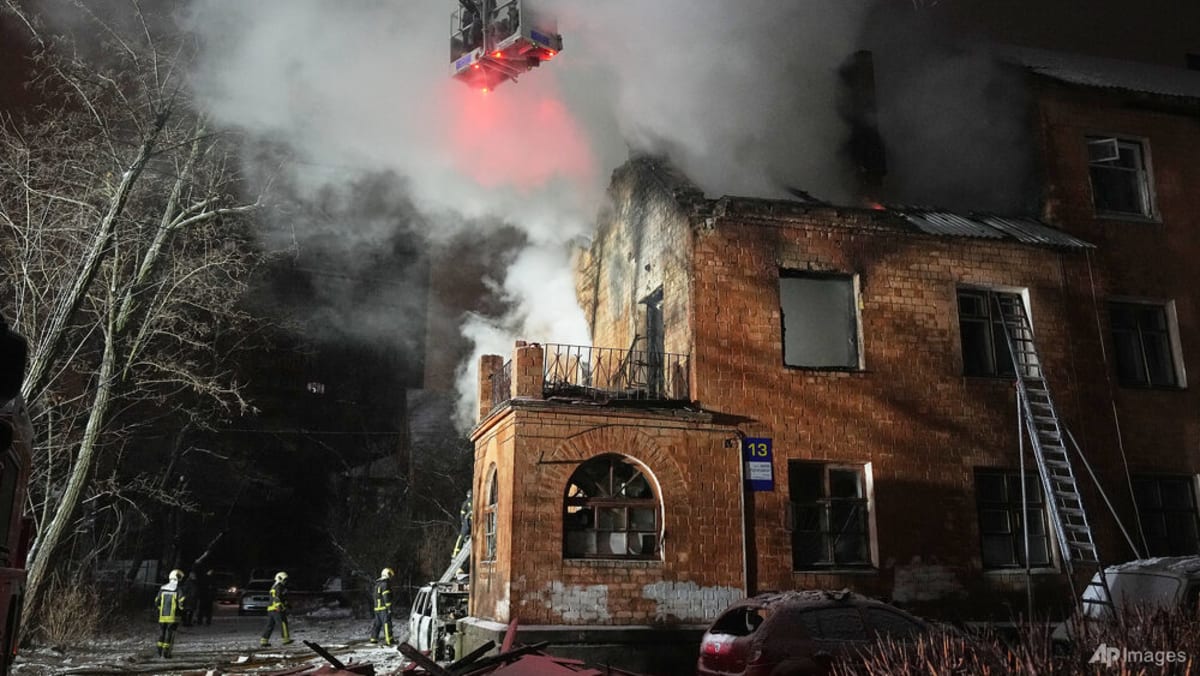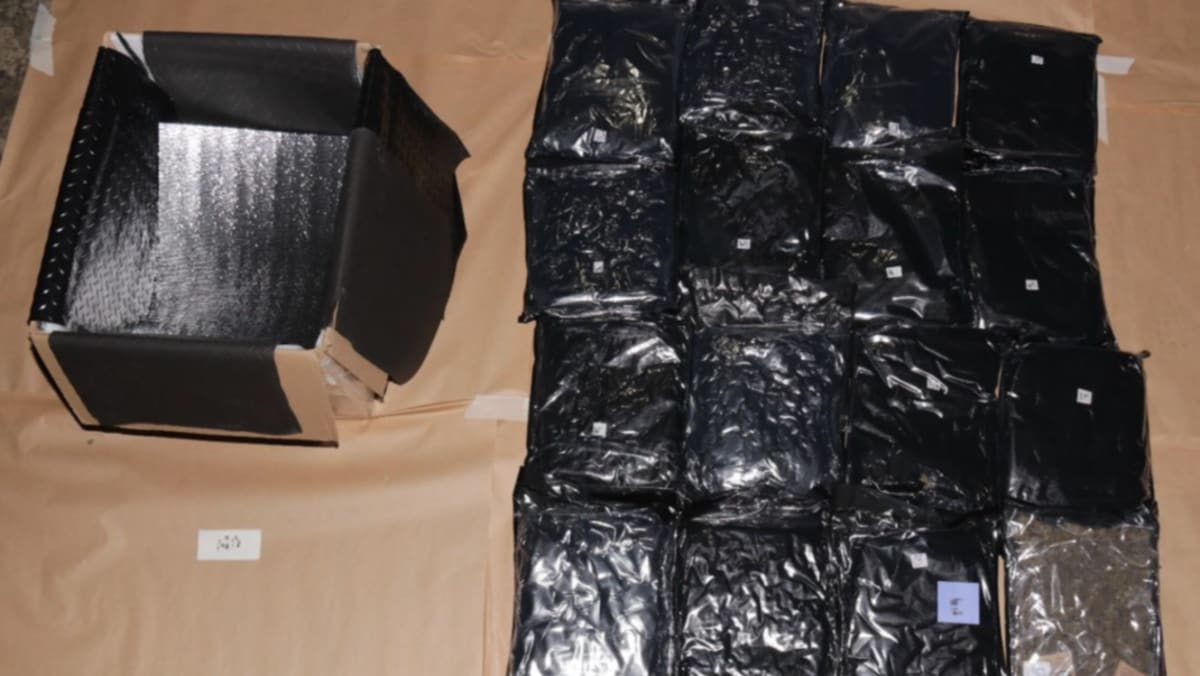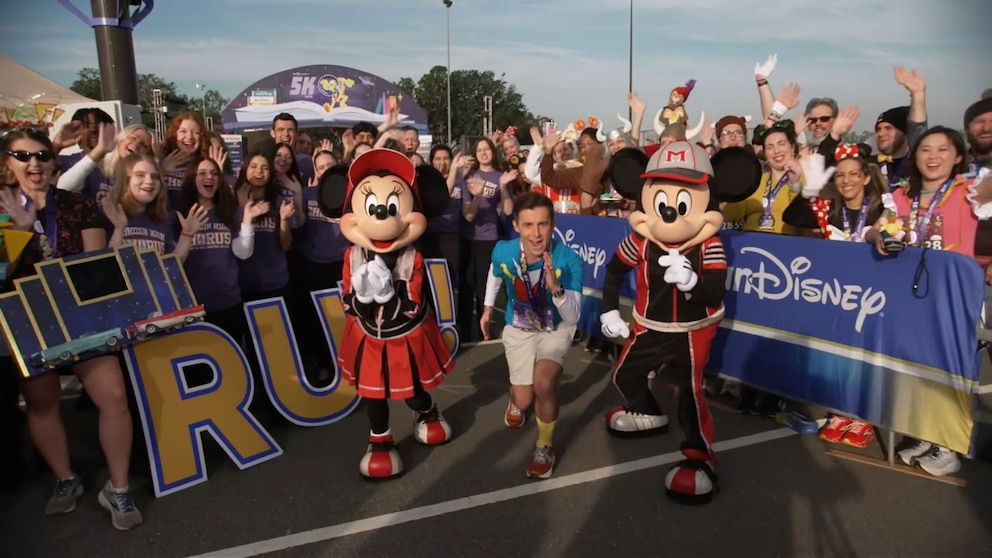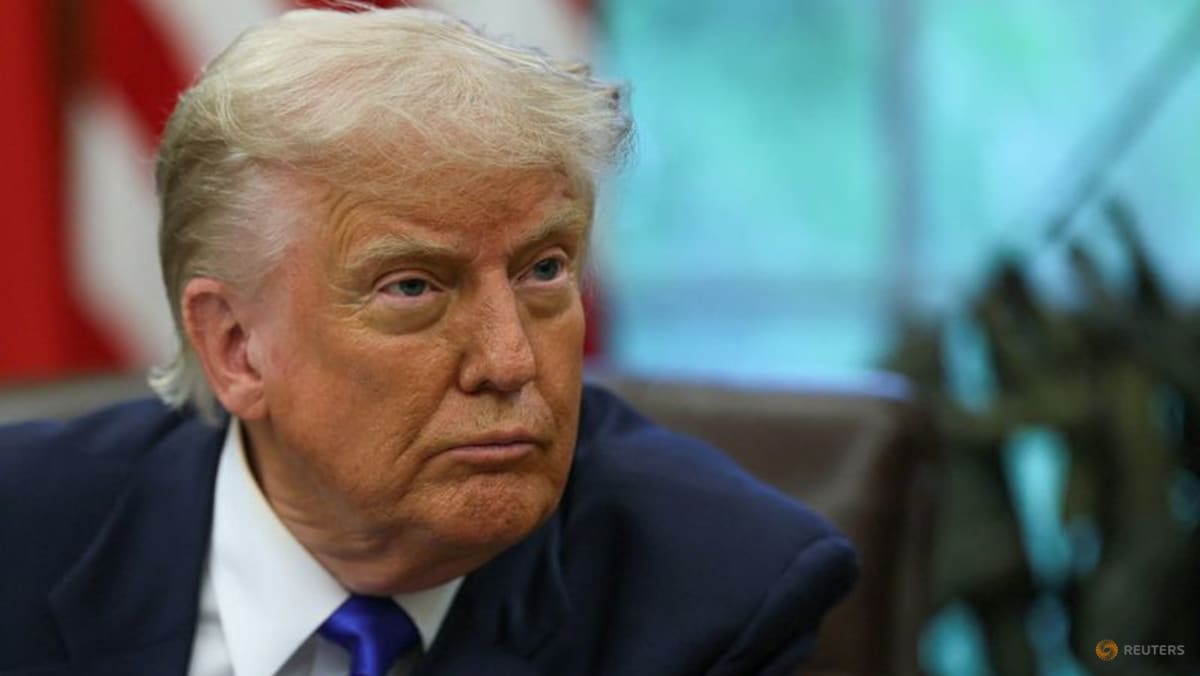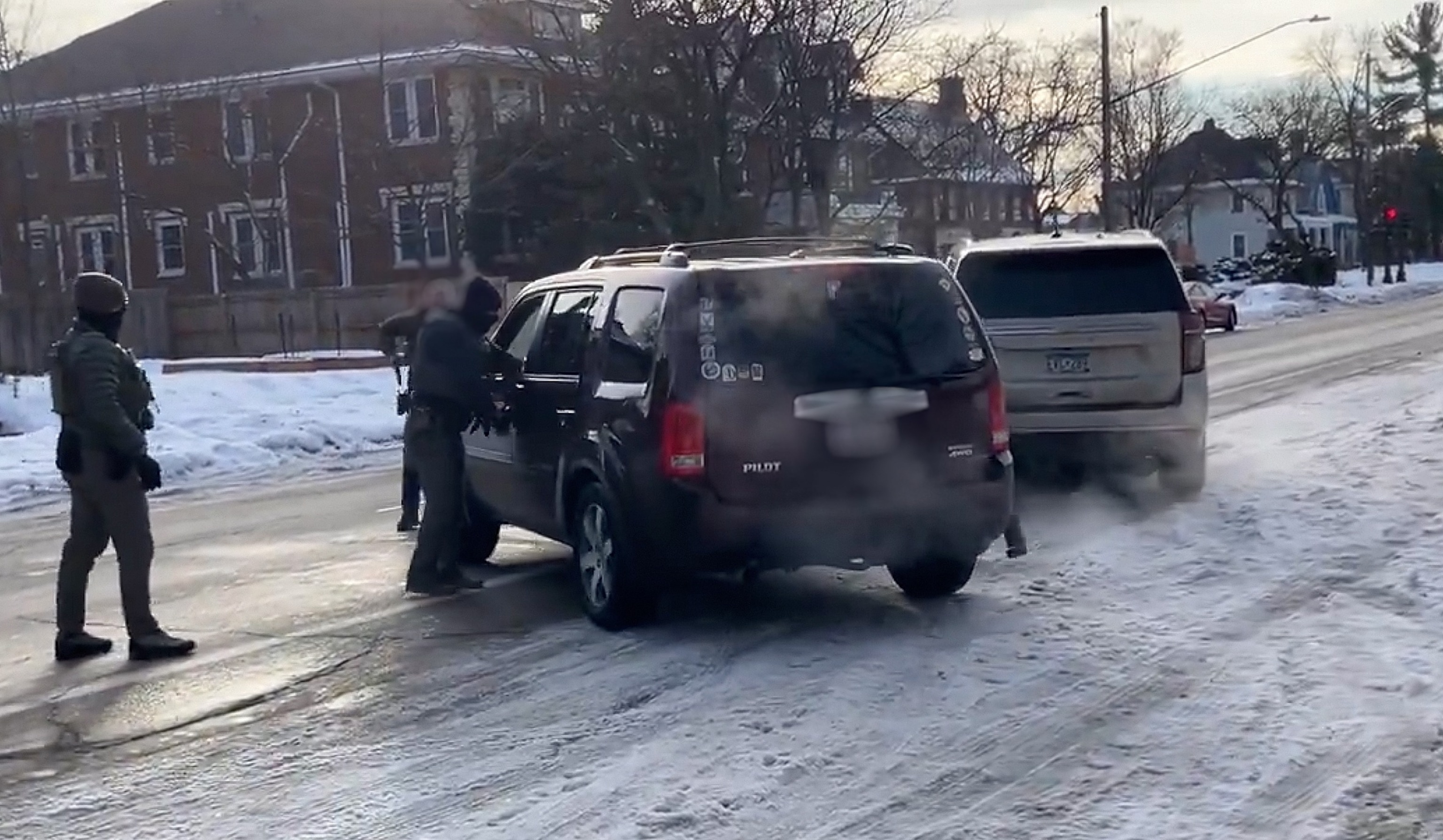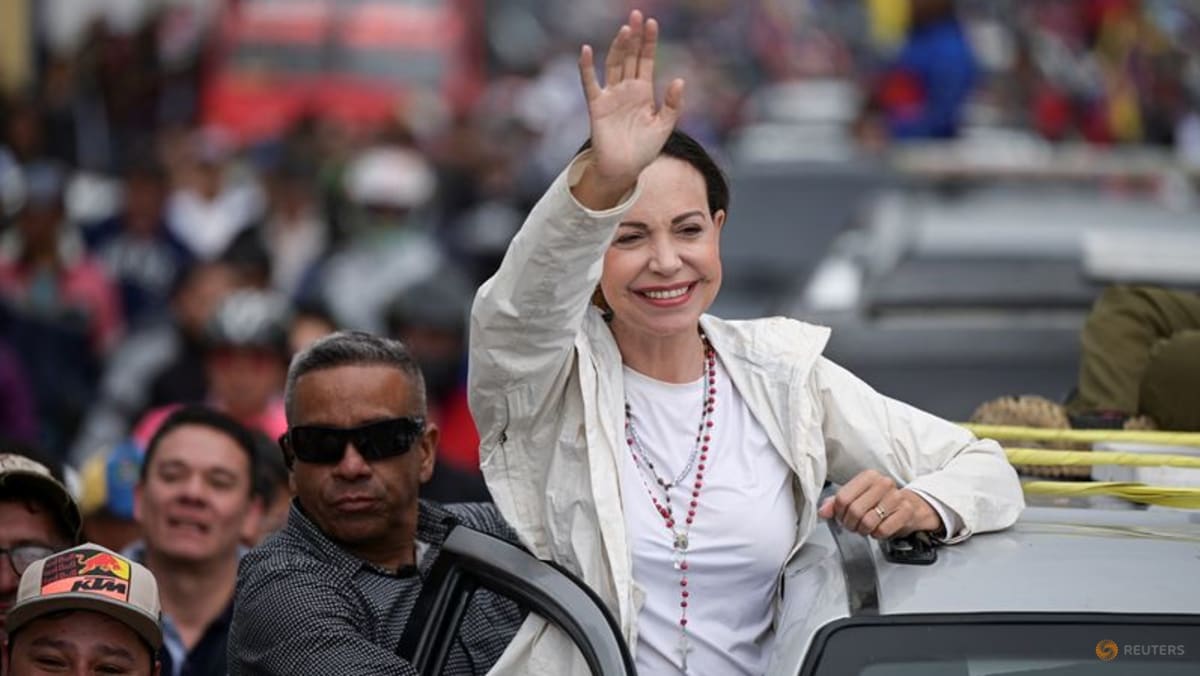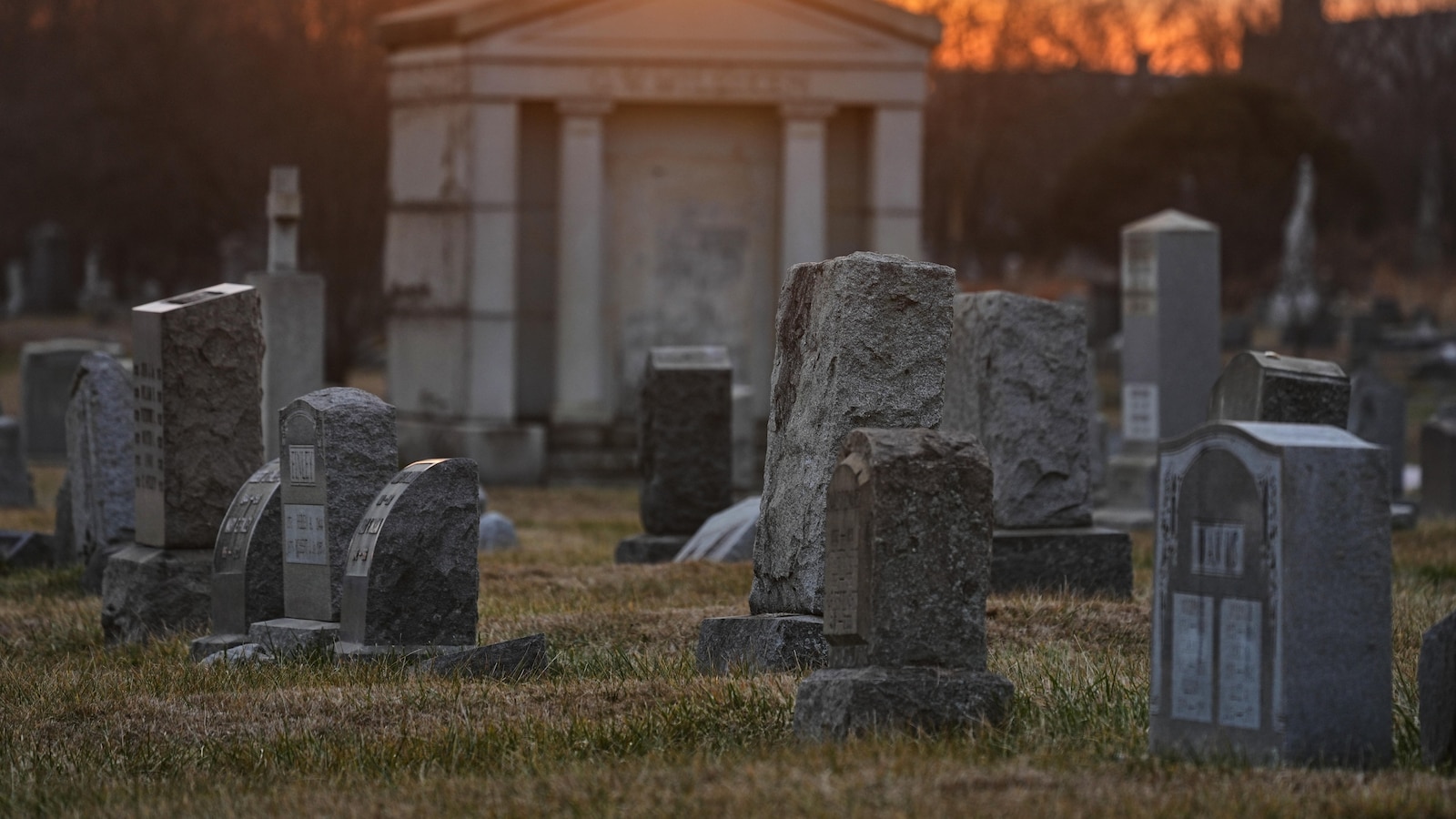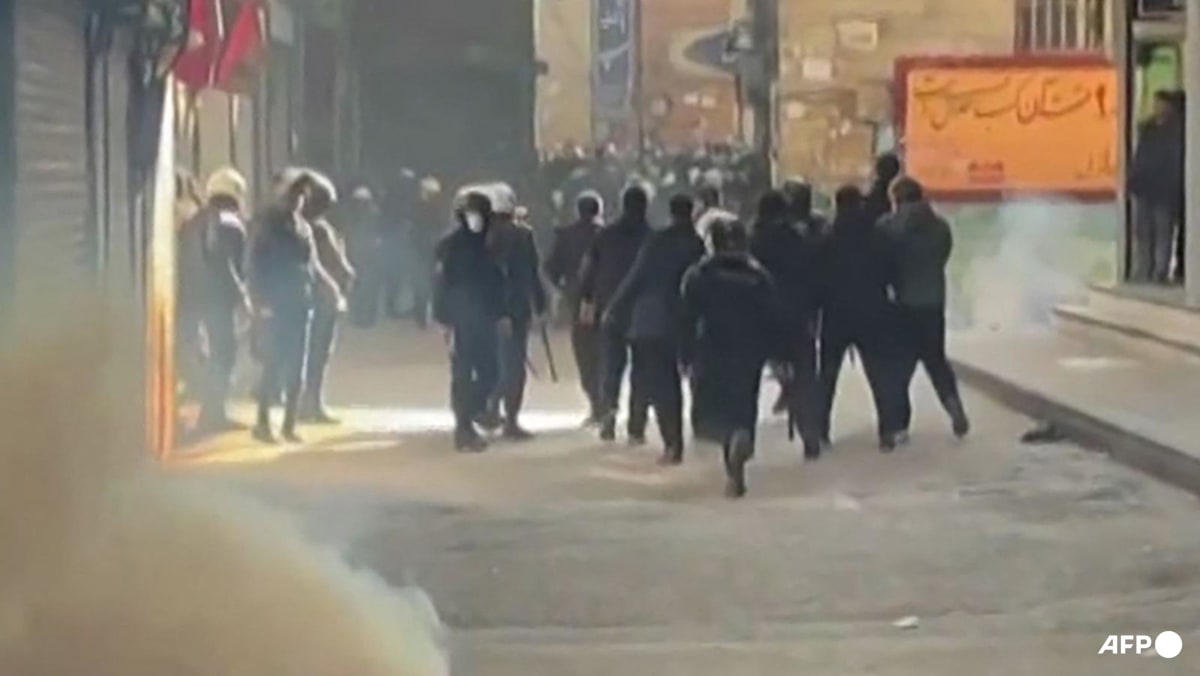As college football season arrives, schools pay monitors to stop players and staff from gambling

LAS VEGAS — North Carolina junior tight end John Copenhaver gets a group text message from his university pointing out the latest betting scandal or reminding him of the importance of not violating rules against betting on sports.
“It’s being put in our heads every single day,” he said.
Schools feel they have no choice. The spread of legalized sports gambling — and some early scandals — have captured the full attention of athletic departments and conference offices. All major conferences are paying independent betting monitors to make sure their athletes abide by the rules — and to catch those who are not.
All of this means the personal information surrendered by athletes — birthdays, addresses, Social Security numbers, cellphone numbers — is used in a way unlike the same information shared by their fellow students. Some combination of those details can tip off a betting monitor that something doesn’t look right.
“They’re just onboarding and they’re going through the documents just like any other student, though in this case, a student-athlete will have a higher obligation,” Creighton sports law professor David Weber said. He said athletes who provide personal information would have a difficult time saying they didn’t realize what they were signing.
The desire by universities to keep a close eye on the betting market was driven home over the past several months because of scandals at Alabama, Iowa and Iowa State.
More than a dozen current and former Iowa and Iowa State athletes and staffers face charges and the Cyclones may kick off their football season missing a handful of starters.
“I have learned a lot the past two months just about gambling,” Iowa football coach Kirk Ferentz said. “I never really paid attention to it, other than we signed a form, probably the same form we signed when I was playing. We live in a real different world right now.”
Because of its location in the nation’s betting capital, UNLV has long prioritized educating athletes about the pitfalls of gambling. Junior quarterback Doug Brumfield said it is among the first topics the school covers with its athletes. Because he plays a high-profile position, Brumfield said he has received direct messages on social media asking questions such as who will be in the lineup. He said the school also does a good job of “keeping us away from stuff like that.”
GAMBLING BOOM
The Supreme Court cleared the way for legalized sports betting in May 2018; 37 states plus the District of Columbia now have it. Even before the ruling, Matthew Holt knew that many sports organizations were ill-equipped to ensure athletes, coaches and staff members weren’t among those laying money on whether the local team would cover the point spread.
He created U.S. Integrity, based in Henderson, Nevada, and already has signed up more than 150 clients that include the Southeastern Conference, Big 12 and Pac-12. The Big Ten and Atlantic Coast Conference have similar agreements with Sportradar.
“I think early on we were lucky because … no one was really focusing on compliance products or integrity products,” Holt said.
U.S. Integrity receives athlete and team staff information from a client school or conference through an encrypted program called ProbiBet; Holt said some clients upload names of those not allowed to bet and in turn the lists are provided to sportsbooks.
“By the time it leaves their server, it’s just the hash full of numbers, letters, symbols,” he said. “We do the same thing on the sportsbook operator side and then we can compare the two hashes and look for matches.”
An NCAA spokeswoman said in an email the organization takes multiple steps to ensure the integrity of some 13,000 events it monitors and that less than 0.25% were deemed suspicious enough to investigate. Even fewer, the email stated, had “specific, actionable information.”
Still, the scandals have drawn attention and raised concerns. A recent survey found that more than half of college students ages 18 to 22 had placed sports wagers and the NCAA plans an athlete-only assessment this fall.
For some, the irregularities that have been detected is proof the system works.
“More and more potential issues could become prevalent, but the good news is these things are being flagged and discovered and managed, so I think what is in place is potentially working,” said Baird Fogel, a California attorney who works with the sports betting industry. “That doesn’t mean we can’t be doing more.”
Tracking wagers made with illegal bookies is considerably more difficult. The American Gaming Association estimates some $4 billion in illegal betting is wagered each year.
POTS OF GOLD
Though big conferences flush with media rights money can hire the likes of U.S. Integrity while holding off on sponsorship or data deals with casinos, it’s more challenging for lower-profile leagues.
The Mid-American Conference last year agreed to license its data and statistics to London-based Genius Sports, which supplies the information to sportsbooks. Financial details were not disclosed, but Chicago-based Navigate, which does research and data analysis for sports leagues and college conferences, estimated such a contract could be worth up to $1.5 million annually.
Navigate projected the ever-expanding Big Ten could make up to $25 million, the SEC up to $22 million and other power conferences up to $14 million if they agreed to similar deals.
Ron Li, senior vice president of client strategy for Navigate, said financial giant Morgan Stanley projected in late 2019 that the legalized sports wagering market could reach $8 billion by 2025. When that figure was hit in late 2022, Morgan Stanley revised its forecast to almost $13 billion.
“I guess the short takeaway is Americans really like to gamble, particularly as it relates to sports betting,” Li said. “We continue to be on this pace that crushes expectations way back in 2018 when it was first legalized.”
But perceptions are important, and for a conference such as the SEC or Big Ten to believe it’s worth taking the chance to have its events called into question because of a business relationship with a betting company, there would have to be a compelling reason to make that move.
TRACKING ATHLETES
Improvements in technology make following line movements easier, and the star quarterback in Columbus, Ohio, or point guard in Lexington, Kentucky, likely will be recognized at the betting counter.
It’s the third-string offensive guard or 12th player on the basketball team who is much more difficult to trace.
“In retail locations where you can bet anonymously, if you get the dollar amount below a certain threshold and nobody identifies you as that individual, then the sportsbook doesn’t have the ability,” Holt said. “They’re probably not going to be expected to know who you are. Everybody’s just expected to take reasonable care. But people betting $50 in the sportsbook are also not usually involved in nefarious activity.”
Many college athletes of course could use betting apps, which in theory should make them easier to track, but fake accounts are a factor. Some Iowa and Iowa State accounts were established under the names of other people, authorities say.
No matter what steps are taken, betting scandals will arise from time to time, so monitoring athletes, coaches and staff members is a growing business that likely will only get bigger.
“If you want to protect your brand, your assets, the integrity of your game and your league, you have to have the right integrity programs,” Fogel said. “I don’t think you can ignore it.”
___
AP Sports Writers Aaron Beard in Charlotte, North Carolina, and Michael Marot in Indianapolis contributed to this report.
___
AP college sports: https://apnews.com/hub/college-sports
Source: abc news




